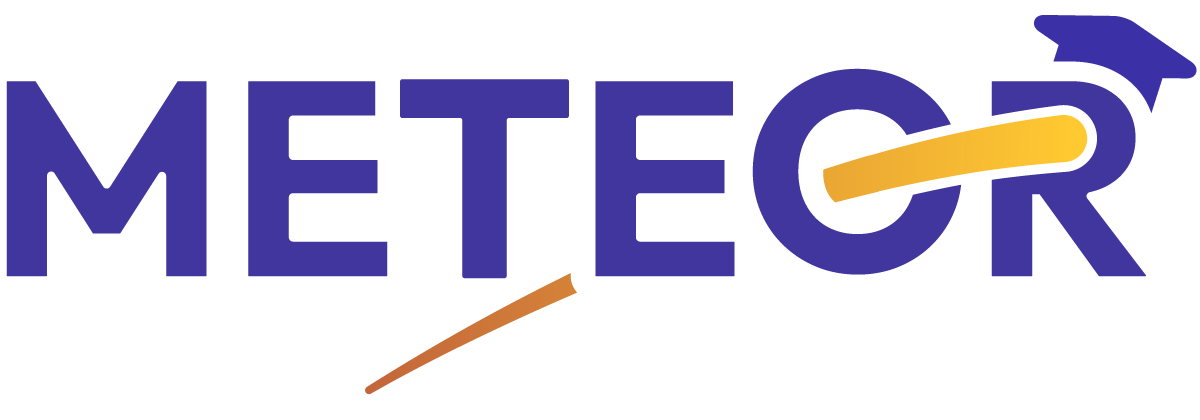Project Background
The METEOR project is driven by the need to transform doctoral education to better align with societal challenges and the demands of a rapidly evolving labour market. While the PhD is the highest academic qualification, its traditional focus on individual academic achievement often misses to equip researchers with the transversal skills needed to thrive in interdisciplinary, collaborative, and non-academic environments. METEOR aims to tackle skill mismatches, limited career guidance, and mental health pressures of doctoral students and early career researchers (ECRs).
To achieve this, METEOR delivers a comprehensive programme combining evidence-based training with participatory methodologies. The project develops innovative online and offline training resources focusing on transversal skills like teamwork, intercultural competence, communication, and entrepreneurship. Core activities are in-person METEOR Academies (similar to summer schools), online peer mentoring, and creating transdisciplinary research proposals aligned with the UN Sustainable Development Goals, enhancing researcher employability, mental well-being, and societal impact.
The METEOR consortium comprises 13 partners, including leading universities, research institutes, and training providers from Poland, Norway, Denmark, Finland, the United Kingdom, Italy, Cyprus, Spain, Austria, Georgia, Türkiye, and Brazil. Leveraging strong connections with national education ministries and international networks, the project delivers long-lasting improvements to doctoral education and researcher development worldwide.
Project Objectives
EVIDENCE-BASED INNOVATION
Advance doctoral and early researcher training by integrating evidence-backed methodologies to address societal challenges.
TRANSVERSAL SKILLS TRAINING
Equip researchers with cutting-edge skills through a co-created, interactive training program delivered both online and in-person.
POLICY IMPACT
Shape the future of doctoral education with actionable recommendations to influence institutional and governmental policies.
SUSTAINABLE COMMUNICATION
Disseminate project outcomes broadly, ensuring long-term impact and fostering a global community of innovative researchers.
Consortium
CASE – Center for Social and Economic Research, Poland (Coordinator)
Nord Universitet, Norway
The Open University, United Kingdom
Universita Degli Studi Di Verona, Italy
European University Cyprus, Cyprus
Jyvaskylan Yliopisto, Finland
Kastamonu Universitesi, Türkiye
Ilia State University, Georgia
Asociacion Para La Gestion Del Centro Europeo, Spain
Hacettepe Universitesi, Türkiye
Roskilde Universitet, Denmark
SYNYO GmbH, Austria
Universidade Do Estado Da Bahia, Brazil (Associate)
Project Facts
Duration
12/2024 to 11/2027
Programme
HORIZON Europe
CL2-2024-TRANSFORMATION
Coordination & Support Action
Reference
101178320
METEOR follows a structured four-phase methodology to ensure effective implementation, evaluation, and long-term impact.
Phase 1: Preparation
The initial phase focuses on groundwork, including the development of key deliverables such as the Data Management Plan (DMP) and the Communication, Dissemination, and Exploitation Plan (CDEP). Evidence is gathered to assess the impact of doctoral training, and preliminary training resources are developed.
Phase 2: Training Resources Development and First METEOR Academy
This phase involves refining and testing METEOR’s online training packages, recruiting participants, and forming interdisciplinary research teams. The first in-person METEOR Academy provides hands-on learning experiences, allowing participants to apply and enhance their skills in a collaborative setting.
Phase 3: Second METEOR Academy and Evaluation
Building on the first academy, participants will collaborate online to further develop their research proposals, which are then assessed for quality and impact. This phase also includes long-term impact forecasting to understand how METEOR’s training will influence doctoral education and career pathways.
Phase 4: Policy Recommendations and Sustainability
In the final phase, policy recommendations are formulated based on project outcomes, ensuring METEOR’s findings contribute to shaping doctoral education at national and European levels. A sustainability plan is developed, including the establishment of the sustainable METEOR Doctoral School, which will extend METEOR’s methodologies beyond the project’s duration.
This phased approach ensures a continuous cycle of development, evaluation, and long-term impact, strengthening doctoral training across Europe and beyond.
METEOR is structured into seven work packages (WPs), each playing a key role in achieving the project’s mission to enhance doctoral education, equip researchers with vital skills, and create lasting impact.
WP1: Project Management – Ensuring Smooth Execution
METEOR is committed to high-quality coordination and execution. This work package ensures that the project stays on track, meets its goals, and follows EU regulations. It also facilitates efficient communication between partners and the European Commission while overseeing data management, ethical considerations, and risk assessment.
WP2: Understanding Doctoral Education – Gathering Evidence
Before shaping the future, we need to understand the present. WP2 analyses the current state of doctoral education across partner countries, exploring program structures, career outcomes, and societal impact. This research forms the foundation for METEOR’s training and policy recommendations, ensuring they are grounded in real-world challenges and opportunities.
WP3: Developing Training Resources – Equipping Researchers
This work is responsible for designing and delivering innovative, high-quality online training resources tailored to the needs of PhD students and early-career researchers. These materials focus on key transversal skills such as teamwork, intercultural communication, and entrepreneurship. By ensuring accessibility through multiple formats, METEOR provides flexible learning opportunities that empower researchers to thrive in interdisciplinary and collaborative environments.
WP4: Implementation – Bringing Training to Life
This work package transforms METEOR’s training vision into reality. It oversees the recruitment of participants, organises two rounds of in-person training meetings (METEOR Academies) and supports researchers as they develop transdisciplinary research proposals. WP4 also evaluates the effectiveness of the training programme, ensuring continuous improvement and alignment with the needs of doctoral students and research institutions.
WP5: Policy and Impact – Shaping the Future of Doctoral Education
WP5 focuses on evaluating METEOR’s impact and translating insights into meaningful policy recommendations. It assesses the relevance, effectiveness, and sustainability of the project while engaging with policymakers through country-specific and international workshops. Policy briefs are developed throughout the project, ensuring that findings are shared with key stakeholders. This work package also fosters collaboration with other EU projects and organises a policy roundtable to discuss doctoral education reforms at the European level.
WP6: Communication & Outreach – Expanding METEOR’s Reach
Ensuring that METEOR’s impact extends beyond the project duration, WP6 is dedicated to communication, dissemination, and long-term sustainability. A project website and active social media presence keep stakeholders informed, while networking events and stakeholder workshops help build partnerships. The project’s long-term vision includes the development of a post-project doctoral school, ensuring that METEOR’s approach continues to benefit researchers even after the project ends.
WP7: Ethics & Compliance – Upholding Standards
To maintain the highest standards in research integrity, WP7 ensures that METEOR adheres to ethical guidelines, FAIR data management principles, and gender equality regulations. This work package safeguards transparency and inclusivity in all project activities, reinforcing METEOR’s commitment to responsible research practices.
The METEOR project is designed to transform doctoral education by equipping PhD students and early-career researchers (ECRs) with essential transversal skills, fostering interdisciplinary collaboration, and strengthening the link between research and societal impact. By providing structured training and hands-on experience, METEOR prepares researchers to work effectively in academic, industrial, and policy-driven environments.
Impact on Researchers
METEOR directly supports PhD students and ECRs, offering high-quality training and opportunities to develop skills in teamwork, communication, and innovation. Through in-person training activities and online engagement, participants will benefit from innovative training resources. The program enhances employability, career readiness, and researchers’ ability to collaborate across disciplines and sectors.
Institutional and Policy-Level Impact
METEOR engages supervisors, university administrators, and policymakers to improve doctoral training structures. Universities and research institutions will benefit from a stronger focus on interdisciplinary collaboration and practical skill development, making doctoral programs more relevant to modern societal and labour market needs.
Shaping the Future of Doctoral Education
METEOR’s impact will be reinforced through evidence-based policy recommendations aimed at reshaping doctoral education at institutional, national, and European levels. By building strong partnerships, fostering collaboration across disciplines, and preparing researchers for diverse career pathways, METEOR contributes to a more innovative and socially responsible research ecosystem. The projects income will sustain through the METEOR Competence & Career Centre beyond the project’s duration.

